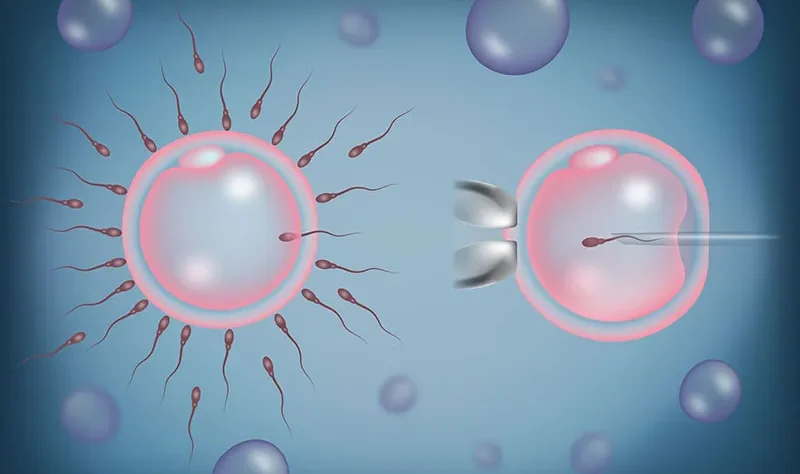In the realm of assisted reproduction, Intracytoplasmic Sperm Injection (ICSI) has become a pivotal technique, particularly in regions like Thailand where the demand for advanced fertility treatments is on the rise. This blog will explore the science behind ICSI and its significant role in improving the outcomes of in vitro fertilisation (IVF).
Understanding ICSI
Intracytoplasmic Sperm Injection (ICSI) is a specialised form of micro-assisted fertilisation. The process involves injecting a single sperm directly into a mature egg, thereby facilitating fertilisation. This method is especially beneficial in cases of male infertility, where sperm quality or quantity is compromised.
The ICSI procedure is typically performed as part of an IVF cycle. After the eggs are retrieved from the female partner, they are prepared in a laboratory setting. A single sperm is then selected and injected into each egg using a fine glass needle. The fertilised eggs, now embryos, are cultured for a few days before being transferred back into the woman’s uterus.
Benefits of ICSI
The primary advantage of ICSI lies in its ability to overcome severe male infertility issues. Unlike conventional IVF, which relies on the sperm’s ability to penetrate the egg naturally, ICSI ensures that fertilisation occurs regardless of sperm motility or morphology.
In Thailand, where cultural and societal expectations around family and fertility are strong, ICSI offers hope to numerous couples struggling with infertility. The procedure has shown impressive success rates, particularly in cases where men have low sperm counts, poor sperm motility, or abnormal sperm shape.
ICSI in Thailand
Thailand has positioned itself as a hub for medical tourism, and assisted reproductive technologies (ART) are no exception. Many fertility clinics in the country offer state-of-the-art facilities and expertise in performing ICSI. The combination of advanced technology and skilled reproductive specialists make Thailand an attractive destination for couples seeking fertility treatments.
Furthermore, the cost of undergoing IVF and ICSI in Thailand is generally lower compared to Western countries, without compromising on the quality of care. This affordability, coupled with the high success rates, has led to an increasing number of international patients travelling to Thailand for assisted reproduction.
Enhancing IVF Success with ICSI
Integrating ICSI with traditional IVF has proven to enhance the success rates significantly. The combination of IVF ICSI (known as เด็กหลอดแก้ว icsi in Thai) addresses both male and female infertility factors, thus providing a comprehensive solution for couples.
In conclusion, the science behind ICSI has revolutionised assisted reproduction, offering hope to many couples in Thailand and beyond. By understanding the intricacies of this advanced technique, couples can make informed decisions about their fertility treatments, paving the way for a brighter future.


